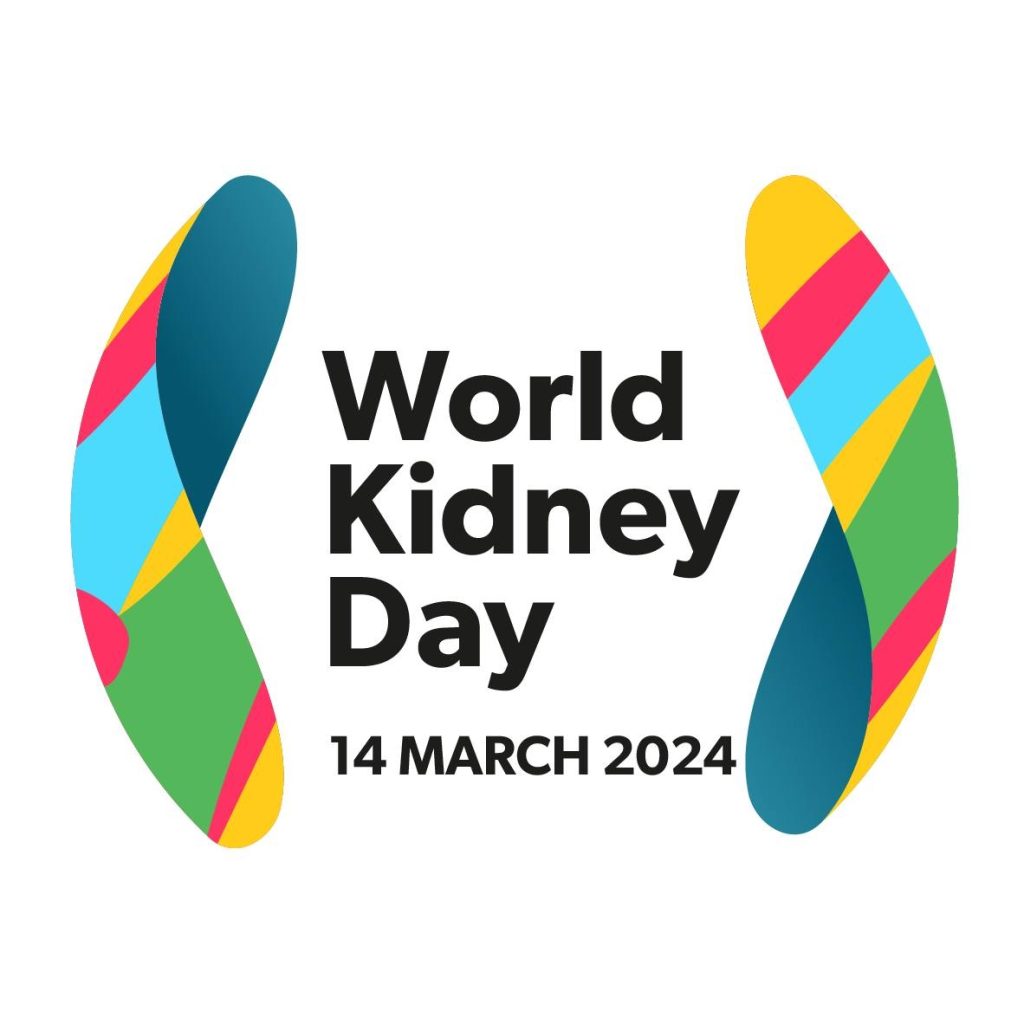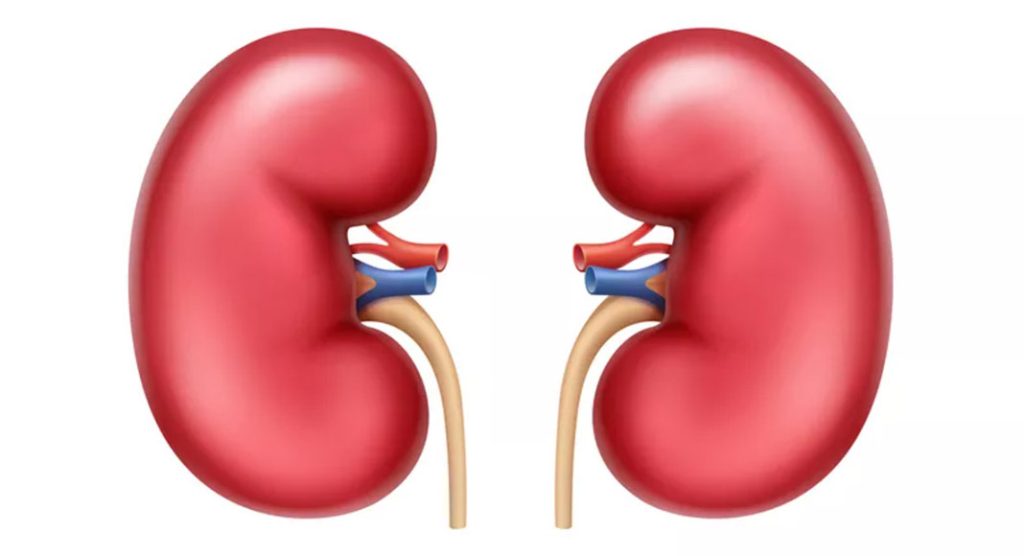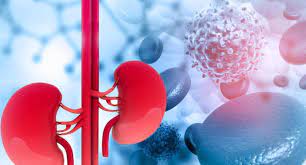Every year, on the second Thursday of March, people around the globe come together to focus on a fundamental yet often neglected aspect of human health: our kidneys. World Kidney Day, slated for March 14, 2024, is an annual global initiative dedicated to raising awareness about kidney disease prevention and advocating for accessible healthcare for all.
These vital fist-sized organs play an essential role in filtering waste and excess fluids from our blood while regulating blood pressure and producing hormones key to overall wellbeing. However, kidney disease remains a silent epidemic affecting millions worldwide, many unaware until it is too late.
Organised by the International Society of Nephrology and the International Federation of Kidney Foundations, World Kidney Day 2024’s theme “Kidney Health for All” highlights the need for equitable access to preventive care and treatment across all demographics.

The Burden on Nigerian Lives
Estimates suggest a staggering 25 million Nigerians are impacted by kidney disease, though the true figure could be even higher. A complex web of contributing factors from medical conditions like diabetes and hypertension to environmental hazards like polluted water supplies all worsen this public health crisis.
A particular concern is the growing role of traditional herbal remedies and chemical exposure from skin lightening products identified as potential nephrotoxins harmful to kidney function. As Nigeria’s urban centers expand and industrialisation advances, monitoring occupational and environmental risks will be vital.

A Gender Disparity
While no demographic is spared, women face distinct obstacles when it comes to chronic kidney disease (CKD). Globally, an estimated 195 million women live with CKD, and it tragically ranks as the 8th leading cause of death for females, claiming 600,000 lives annually.
In Nigeria, cultural biases and disparities in access to healthcare can delay diagnosis and treatment for women with CKD. Ongoing efforts to improve gender parity in nephrology care and research remain imperative.
Preventive Lifelines
For those with CKD or end-stage renal disease, dialysis provides a lifeline – mechanically filtering waste from the blood when the kidneys can no longer perform this vital task. However, dialysis demands a rigorous time commitment with sessions often required 2-3 times weekly for 3-5 hours each.
More critically, prevention through proactive lifestyle changes and early screening should be top priorities. Adopting exercise routines, limiting sodium, processed foods, smoking and managing conditions like hypertension and diabetes can dramatically reduce kidney disease risks.
Advocating for good health and wellbeing for all, as outlined in Sustainable Development Goal 3, demands a multifaceted approach that targets root causes of health issues while simultaneously expanding access to care and implementing sustainable prevention initiatives.
On this World Kidney Day, let us all promote greater awareness and understanding of this essential organ.


